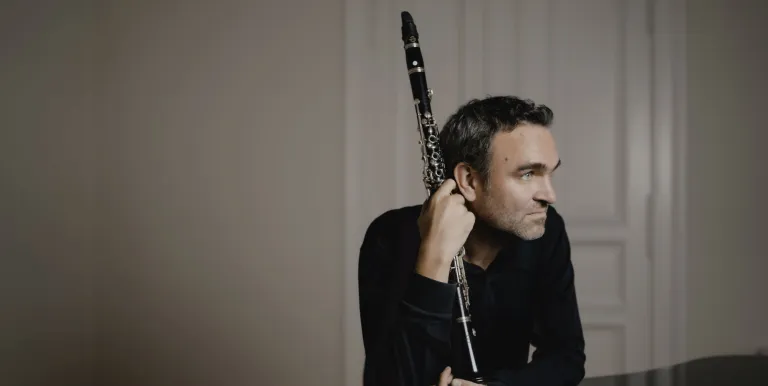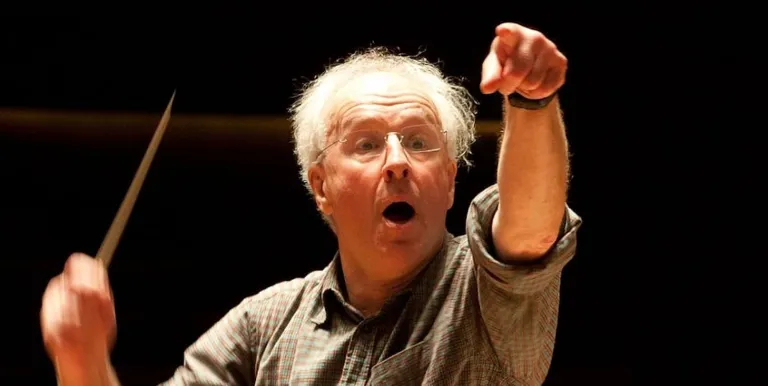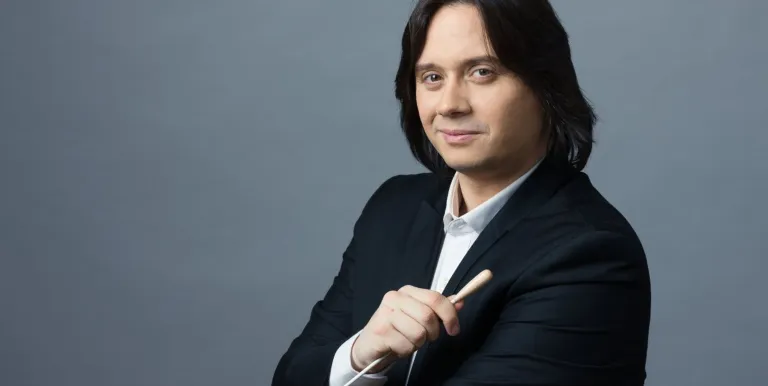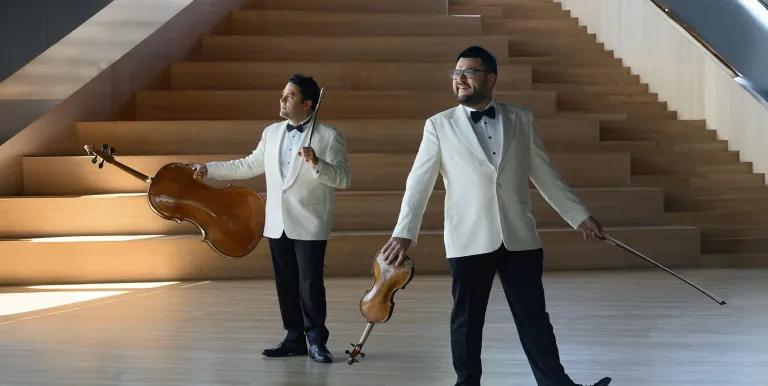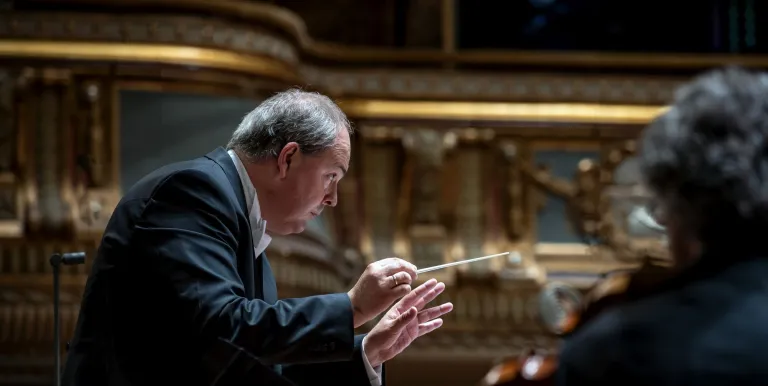The program was cancelled
The program was cancelled
We regret to inform our dear audience members that the concert of the Hungarian National Philharmonic Orchestra and the online broadcast of the event, have been cancelled.
Thank you for your understanding!
Conductor:
Featuring:
J. S. Bach
Brandenburg Concerto No. 3 in G major, BWV 1048
J. S. Bach
Orchestral Suite No. 2 in B minor, BWV 1067
Fauré
Requiem, Op. 48
We're broadcasting this performance live!
In spite of the fact that the current extraordinary situation prevents us all from meeting at Müpa Budapest in person, we would still like to make the coming days nicer and more uplifting. This is why we are going to transmit our live performance, without an audience, on our website and YouTube channel.
We look forward to welcoming you to the event, through your screen!
The performance will be broadcasted on our website and YouTube channel.
Although in the last 30 years it was quite unusual for a symphony orchestra to start a concert with works by Bach, 20 years earlier this would not have been surprising at all. With the spread of the historically informed performance movement, modern orchestras 'withdrew' from the Baroque repertoire. Today, however, they are reclaiming this area. The second half of the Hungarian National Philharmonic's concert features a rarely heard masterpiece of a requiem: Gabriel Fauré's. Conducting will be the internationally acclaimed Péter Halász.
Johann Sebastian Bach's Brandenburg Concerto No. 3 and Orchestral Suite in B minor are two gems of the Baroque orchestral literature. Written for harpsichord and strings, the concerto astonishes with its sense of balance, while the suite, boasting a host of graceful dance characters, can even be listened to as a disguised flute concerto, so important is the richly developed and twisting flute part. Playing it on this night will be one of the luminaries among Hungarian flautists, one who also regularly performs concerts abroad: János Bálint. It was in the late 1880s that Gabriel Fauré composed his requiem for soprano and baritone solo voices, mixed choir and organ, whose principal theme - say analyses of the work - is not the drama of death, but rather eternal tranquillity and reconciliation. The composer revised the piece in the 1890s, giving it its final form in 1900. The two vocal soloists, Cecília Széll and László Mokán, are members of the Hungarian National Choir, and organist Ádám Tabajdi is an outstandingly talented player of his instrument who has trained as an intern under the organist of Notre-Dame de Paris and served as resident organist at the Kitara Concert Hall in the Japanese city of Sapporo. Péter Halász regularly conducts performances at numerous German opera houses.
Presented by: Hungarian National Philharmonic


